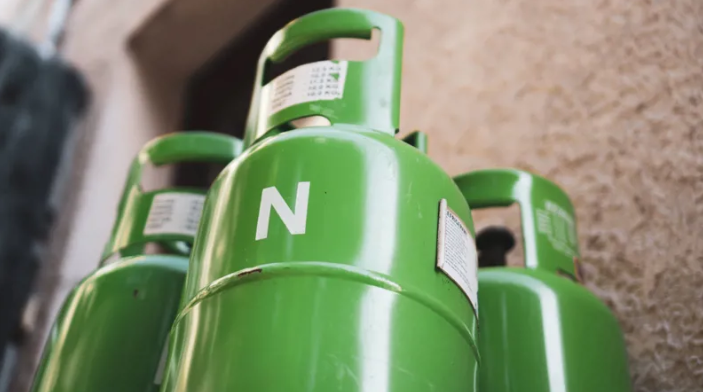Technology can drive sustainable industrial gases
We are facing urgent challenges of climate change and the need for action has never been more pressing. As some manufacturing and engineering sectors forge a high-tech path forward, the challenge for others to improve energy efficiencies in technology that, in essence, has remained unchanged for many decades can feel particularly acute. Whether it’s about making longer-term investment to overhaul operations and equipment or addressing the daily tasks that make a difference to process efficiency, the opportunity and enhancement offered by robust data and insight and the use of artificial intelligence is clear.
I work at Air Products, a leading global industrial gas manufacturer, with engineers across a wide spectrum of skills and expertise, from chemical and mechanical to electrical and civil engineers here in the UK and around the globe. In my role as operations director, exploring opportunities to digitise and integrate technology into our operations is a key part of my job – and it’s been a fruitful journey. Data helps us see oncoming challenges quicker and allows us to plan interventions in a timely manner.
By definition, industrial gas manufacturing – and indeed manufacturing at large – is an energy-intensive process. And that’s precisely why there is so much scope for making huge strides forward, both in decarbonising our own operations and in supporting our customers in generating a cleaner future. Industrial gas has a critical role to play in supporting a net zero future simply by virtue of the sectors it touches and enables. As the name indicates, oxygen is a key part of the fast-evolving oxy-fuel combustion technologies. Hydrogen is used to remove sulphur from crude oil as well as being a fuel in its own right for transport and industry processes. Nitrogen and CO2 keep our food fresher for longer, and in so doing reduce food waste and associated carbon footprint – industrial gas is the lynchpin in a variety of sectors it touches and enables.
Data has become increasingly important in enabling us to identify where to focus our investment and resource, and secure maximum reductions in energy use. It is thanks to a data-rich approach that we were able to, for example, identify an overuse of power at our Carrington plant, and adjust operations in response. Similarly, at our Didcot plant, digital insights allowed us to identify and trace an increase in energy consumption back to a malfunctioning piece of equipment, address the issue in question and further improve overall energy efficiency. To date, we have digitised 70 plants, including our own Air Separation Units (ASUs) and a range of customer plants too.
But the digitisation of plants is just the beginning. Dedicating ongoing resources to track and analyse the resulting data is key to increasing reliability and efficiency. We have a centralised, specialised team based in Hull that constantly monitors our plants and ensures our assets are first and foremost operational but also optimised in terms of power consumption. We grew this team by 30 per cent in 2023 to cover the growth of our operations and to manage and interpret data to increase efficiencies and direct our efforts where most needed. I also have daily reviews of the operational data at each site with the process engineering team– these are hugely beneficial in identifying the small incremental changes we can make to run better processes.
Technology is also aiding training and learning – I am particularly excited to begin incorporating simulation learning for our workforce as we bring new air separation technology and tools to the UK. Our colleagues in Korea and the US have been using this technology and have developed training programmes. My team in the UK will now be able to upskill for the new assets well in advance of handling them, minimising the learning curve and diminishing errors while enabling us to hit the ground running. This will be particularly valuable as we begin to work with new ASUs later this year and beyond.
To increase our capacity in the UK, we continue to invest significantly in plants to better serve our customers old and new. Data, digitisation and learning enabled by technology is an important part of the puzzle and one that will keep our sector operating at maximum efficiency. In so doing we’re moving the technology that has driven our industry for well over 100 years into the 21st century thereby supporting our drive to generate a cleaner future.
Source: https://www.theengineer.co.uk/content/opinion/comment-technology-can-drive-sustainable-industrial-gases
Click here to see what Acres have been doing in the Energy Sector:
Source: TheEngineer.co.uk

